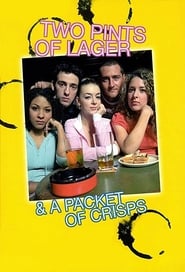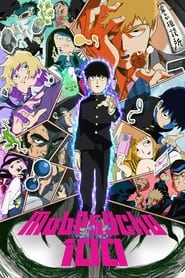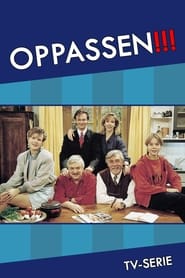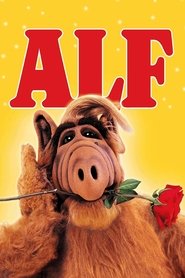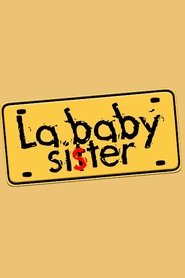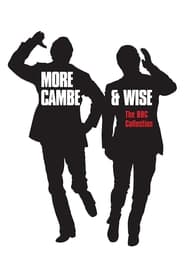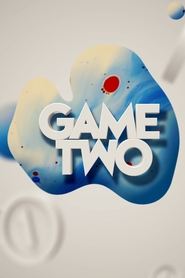Best Comedy TV Series - Page 30
-
Achikochi Audrey
2019
star 8Achikochi Audrey is a variety show lead by the comedic duo Audrey. Every week, different guests are invited to the show to consult with Audrey on whatever troubles they have been facing recently. -
The Middle
2009
star 7.6The daily mishaps of a married woman and her semi-dysfunctional family and their attempts to survive life in general in the city of Orson, Indiana. -
4 et demi...
1994
star 84 and a half is the apartment occupied on the Plateau Mont-Royal in Montreal by a young couple. It is a chronicle of the daily life of the urban reality of 25-30 year olds: love, friendship, humor and tenderness. -
Two Pints of Lager and a Packet of Crisps
2001
star 6.8Sitcom about the lives and loves of five twenty-somethings in Runcorn. -
Because of You
2015
Because of You
2015
-
Mob Psycho 100
2016
star 8.5Shigeo Kageyama, a.k.a. "Mob," is a boy who has trouble expressing himself, but who happens to be a powerful esper. Mob is determined to live a normal life and keeps his ESP suppressed, but when his emotions surge to a level of 100%, something terrible happens to him! As he's surrounded by false espers, evil spirits, and mysterious organizations, what will Mob think? What choices will he make? -
Oppassen!!!
1991
star 6.6Sitcom about two grandfathers taking care of their grandchildren, so their children can focus on their careers. -
ALF
1986
star 7.7A furry alien wiseguy comes to live with a terran family after crashing into their garage. -
La baby sister
2000
La baby sister
2000
-
The Colgate Comedy Hour
1950
star 7The Colgate Comedy Hour is an American comedy-musical variety series that aired live on the NBC network from 1950 to 1955. The show starred many notable comedians and entertainers of the era, including Eddie Cantor, Dean Martin and Jerry Lewis, Fred Allen, Donald O'Connor, Bud Abbott and Lou Costello, Bob Hope, Jimmy Durante, Ray Bolger, Gordon MacRae, Ben Blue, Robert Paige, Tony Curtis, Burt Lancaster, Broadway dancer Wayne Lamb and Spike Jones and His City Slickers. -
Morecambe & Wise
1961
star 6.5The Morecambe & Wise Show is the third TV series by English comedy double-act Morecambe and Wise. It began airing in 1968 on BBC2, specifically because it was then the only channel broadcasting in colour, following the duo's move to the BBC from ATV, where they had made Two of a Kind since 1961. The series was popular enough to be moved to BBC1, with its Christmas specials garnering prime-time audiences in excess of 20 million, some of the largest in British television history. After their 1977 Christmas special, retaining its title, the show moved over to ITV. -
Ben 10
2005
star 8.2When 10-year-old Ben Tennyson discovers a mysterious device, he gains the power to change into ten different alien heroes, each with uniquely awesome powers. With such abilities at his disposal, Ben realizes a greater responsibility to help others and stop evildoers, but that doesn't mean he's above a little superpowered mischief now and then. -
Younger
2015
star 6.8Liza Miller, a suddenly single stay-at-home mother, tries to get back into the working world, only to find it’s nearly impossible to start at the bottom at 40-year old. When a chance encounter convinces her she looks younger than she is, Liza tries to pass herself off as 26 and lands a job as an assistant at Empirical Press. Now she just has to make sure no one finds out the secret only she and her best friend Maggie share. -
The New Adventures of Old Christine
2006
star 7Single working mom Christine Campbell has just learned that her ex is dating a much younger woman with the same first name. To avoid any confusion, the new girlfriend is dubbed New Christine, which leaves her with the unfortunate nickname Old Christine. -
El camionero
2016
El camionero
2016
The story of a free spirit truck driver known for his easy-going life style with women.




